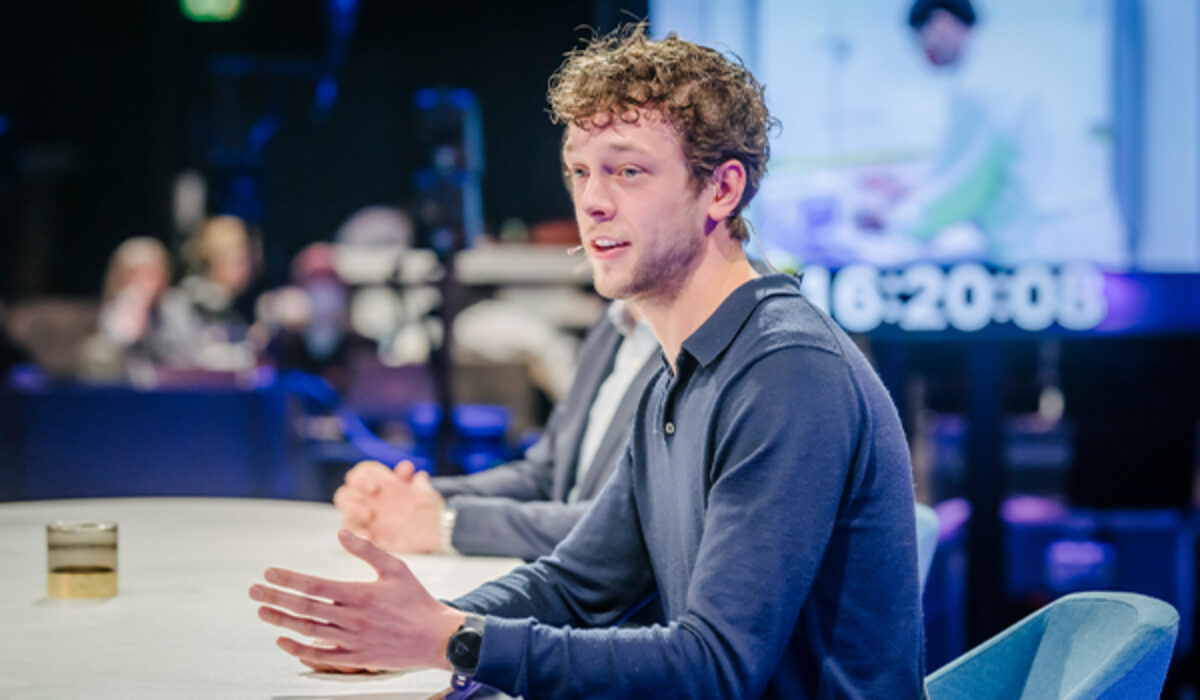14 November 2022

How can we turn industrial chemical waste product HCl into feedstock for useful chemical building blocks? This question has kept PhD candidate Bas Terlingen busy during his PhD candidateship. Together with his fellow researchers, he published a new article in scientific journal Angewandte Chemie. The first steps towards answering this question have been made, and this publication is the next step towards reaching his goal.
Sustainable chlorine
Hydrochloric acid, or HCl, is produced as a side product in several production processes in the chemical industry. Currently, this HCl is considered waste, since no real use for it has been found yet. This is what Bas is trying to resolve; can we use this HCl, and recycle it into something useful? Especially recycling the chlorine, or Cl, is of great interest, as it has various applications in e.g. disinfectants, coolants and even PVC tubes.
Two birds with one stone
In this article, Bas describes how he uses particles based on the element europium, EuOCl, as both a catalyst and a thermometer. Even though this might sound too good to be true, Bas shows that it works! EuOCl works as a catalyst, as it helps the HCl to be processed to chemicals that can be further processed into our everyday disinfectants and PVC tubes.
Moreover, EuOCl particles work as thermometers, but maybe not as you might think. When the temperature of the particles changes, the particles react differently to light beams. So, by pointing a light beam on the particles and analysing what the reflected light looks like, you can tell what temperature the particle is. This gives helpful insight in the conditions of the reactor, as well as its safety in preventing e.g. overheating.
Bas showed that the EuOCl particles are not only useful in facilitating the reaction of HCl towards useful chemical building blocks, but it can also show us the temperature of the reactor. This brings the applicability of this reaction, and therefore the recycling of HCl on a larger scale, one step closer.
On 16 January, Bas will defend his thesis. We wish him good luck with finalising his work, and of course with his defence!